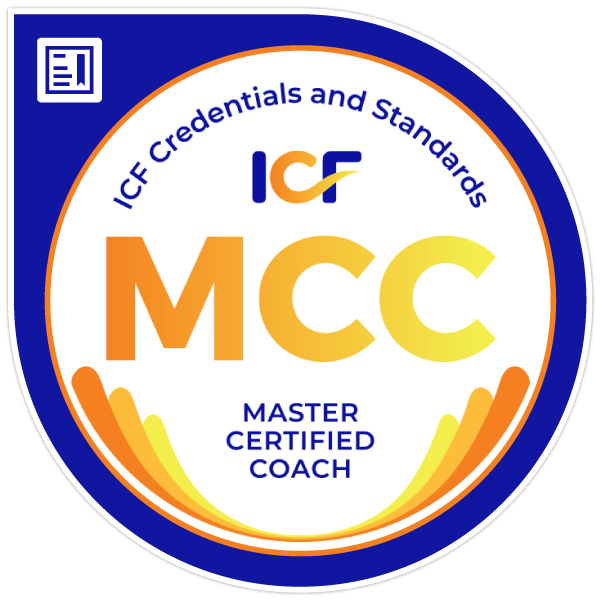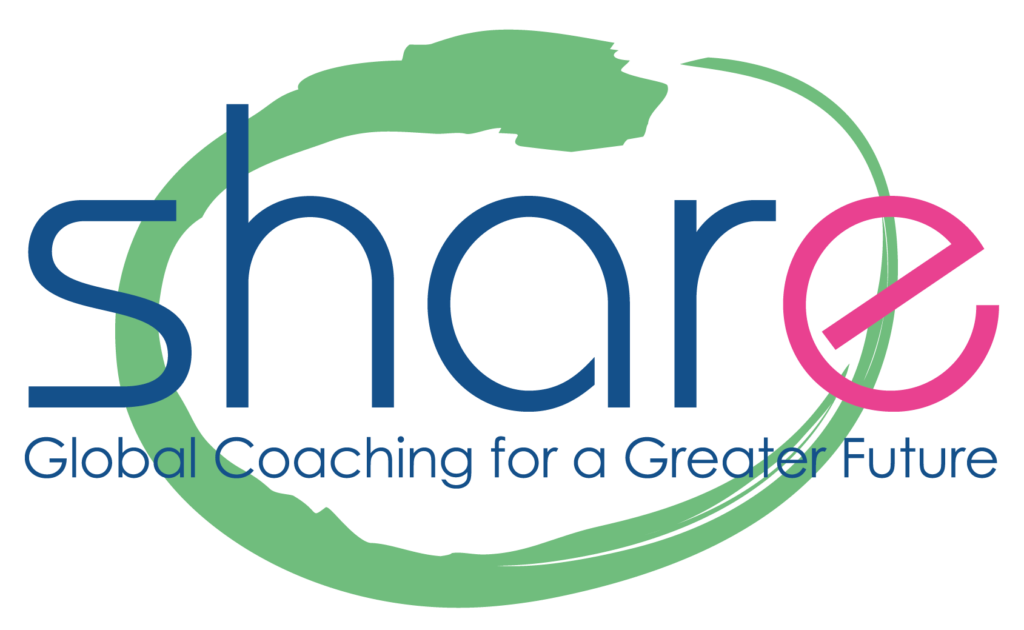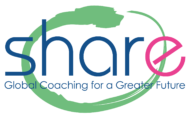and broaden your impact
The difficult part is to reveal them.»
Galileo Galilei
each one’s humanity
Delfi's Oracle (as reported by Socrates V century B.C.)
to increase results
Mies Van Der Rohe
to navigate complexity
Albert Einstein

Anna Gallotti
Executive Coach, Organizational Consultant, Collective Energy Catalyst


The future of coaching
The Group Coaching institute teaches business leaders, human resources professionals and coaches how to effectively problem-solve in the workplace. Whether in-person or remote, these skills can really elevate your employees' experience and business results. I created the Group Coaching Institute because I am convinced group coaching is the future of coaching: it’s more collaborative, more sustainable, and brings real change at the collective level.

Say hello
Meet Us
- Europe: +33 (0)6 80 90 43 16
- USA: +1 (917) 893 19 59
Our clients
Latest article

My books
So far, I have written three books in collaboration with other authors:
“Make the right choices” – translated also in French and in Italian
“L’art et la pratique du coaching professionnel” – available in French
“Le coaching de managers et de dirigeants” – available in French


